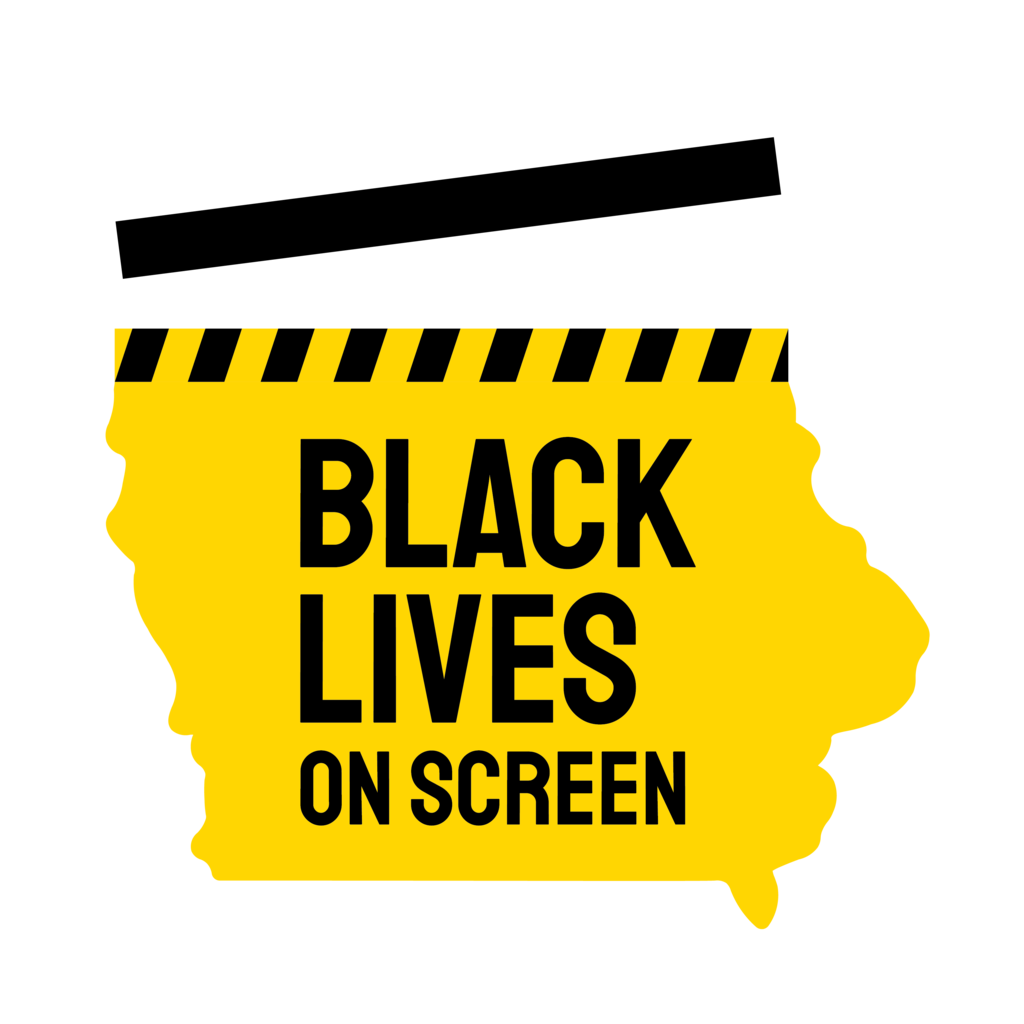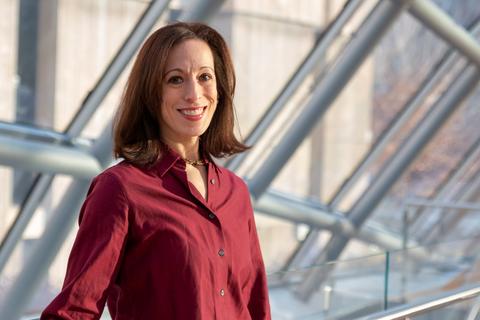
A Black Lives on Screen special lecture with guest speaker, Associate Professor Allyson Nadia Field (UChicago).

Talk Description:
What happens to lost films after their rediscovery? We tend to think of such questions in academic terms, but rediscovered films also enter a broader field of cultural reception and production. They can change public perception; they can be sources for artistic creativity. This has been especially true of early cinema, in which archival rediscoveries and renewed attention to cinema’s earliest years have spurred the energy of the avant-garde. This talk approaches the question of the afterlives of lost and found media objects through the case of Glenville (2020), a short film shot on HD and 16mm by experimental filmmakers Kahlil Pedizisai and Kevin Jerome Everson as a response to the rediscovery of Something Good-Negro Kiss (William Selig, 1898)—a film found by archivist Dino Everett that I helped to identify and nominate to the National Film Registry in 2018. A significant archival rediscovery, and one that achieved something like viral celebrity, Something Good-Negro Kiss is the earliest known film depicting Black affection and a rare instance of uncaricatured representation of Black subjects. Glenville, I argue, is an example of the way that contemporary filmmakers engage with early film as a recalibration of (film) history, as Pedizisai and Everson restage the performance of Black love from Selig’s Chicago studio to a street corner on the eastside of Cleveland, Ohio—thereby bringing in new historical contexts and discussions. Through its dialogue with Something Good-Negro Kiss, made over 120 years prior, Glenville provides a case for thinking through not only how contemporary African American filmmakers respond to the past but also how cinematic artifacts gain new purchase on collective imaginations.

About the Speaker:
Allyson Nadia Field is Associate Professor Cinema and Media Studies at the University of Chicago. She is the author of Uplift Cinema: The Emergence of African American Film & The Possibility of Black Modernity (Duke University Press, 2015). Field is also, with Marsha Gordon, co-editor of Screening Race in American Nontheatrical Film (Duke University Press, 2019) and with Jan-Christopher Horak and Jacqueline Stewart, co-editor of L.A. Rebellion: Creating a New Black Cinema (University of California Press, 2015).
Her current book project, tentatively titled Minstrelsy-Vaudeville-Cinema: American Popular Culture and Racialized Performance in Early Film, seeks to reframe American film history through the lens of racialized performance, tracing the development of tropes, themes, and practices from minstrelsy to the vaudeville stage and motion picture screen. In doing so, it attempts to make legible the functionings of minstrelsy’s forms within American cinema, understand its complex negotiations of race in a rapidly changing social order, and explore moments of creative resistance to its dehumanizing portrayals of African Americans. In support of this project, Field was named a 2019 Academy Film Scholar by the Academy of Motion Picture Arts and Sciences. She is currently an ACLS/Burkhardt Residential Fellow at the Newberry Library in Chicago.